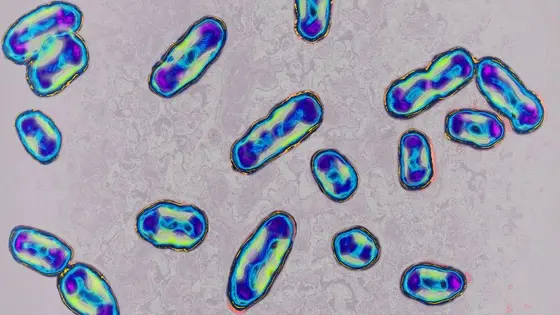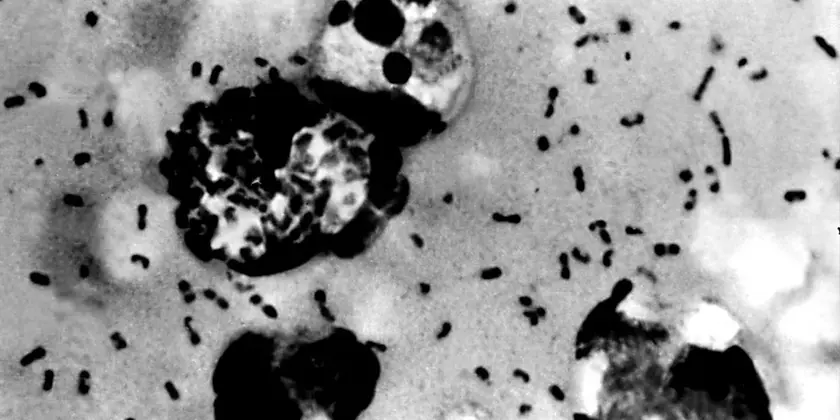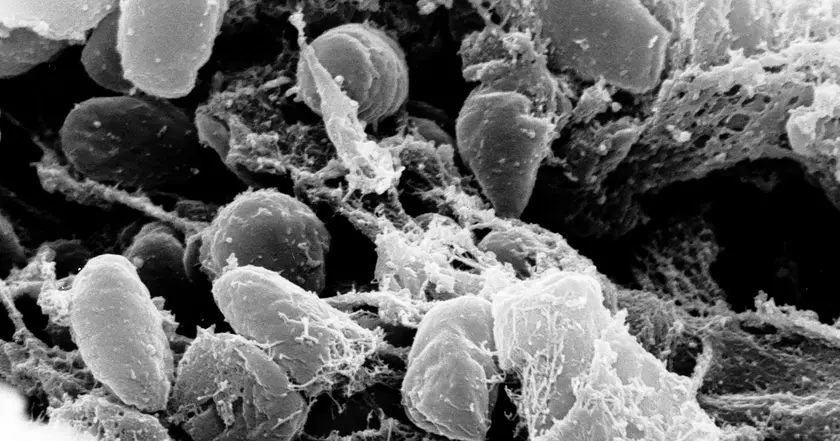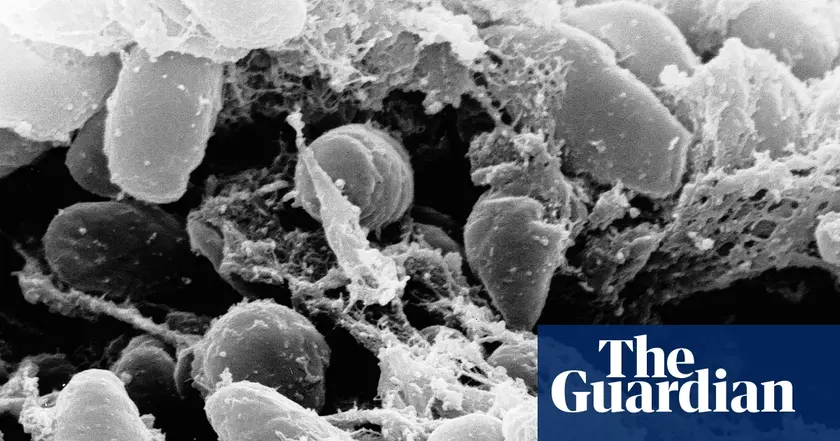T4K3.news
Plague case reported in South Lake Tahoe area
A Lake Tahoe resident tested positive for plague after a flea bite during camping; the patient is recovering at home under medical care.

A Lake Tahoe area resident tested positive for plague after a flea bite during camping, prompting health officials to urge precautions for outdoor activities and pets.
Plague case in South Lake Tahoe prompts health warning
A Lake Tahoe area resident has tested positive for plague after being bitten by an infected flea during camping in the South Lake Tahoe area. The patient is recovering at home and under medical care. Health officials note that plague bacteria, Yersinia pestis, is present in California and can spread through flea bites or contact with infected animals. The U.S. Centers for Disease Control and Prevention reports an average of seven human plague cases annually in the United States, with most cases appearing in rural areas of the western states. In Tahoe Basin this year, four positive rodent infections have been identified, and the last human case in the area was in 2020.
Key Takeaways
"Plague is naturally present in many parts of California, including higher elevation areas."
Statement by Kyle Fliflet, El Dorado County acting director of public health
"It's important that individuals take precautions for themselves and their pets when outdoors, especially while walking, hiking and or camping in areas where wild rodents are present."
Public health guidance from the county official
"Symptoms of infection tend to occur within two weeks of exposure and can include fever, chills, weakness and swollen lymph nodes."
CDC description of typical symptoms
The incident underlines how outdoor life and wildlife intersect with public health. Even as the risk to most visitors remains low, it shows why ongoing surveillance and clear guidance are essential in popular outdoor areas like Lake Tahoe. Public health messaging must balance caution with access, so outdoor enthusiasts do not abandon natural spaces out of fear.
Beyond the immediate case, the episode raises questions about funding for rodent monitoring, flea control, and community education, particularly in tourism-driven regions. Local authorities need steady support to keep risk communication precise and practical for diverse audiences, from hikers to pet owners.
Highlights
- Tiny fleas can carry big problems in outdoor spaces
- Outdoor life requires vigilance for pets and people alike
- Public health work happens in the details of daily outdoor life
- Stay informed, stay prepared, keep your campsite safe.
Outdoor life continues, but vigilance remains essential.
Enjoyed this? Let your friends know!
Related News

Plague case prompts vigilance in Tahoe

Plague case confirmed near Lake Tahoe

Plague case near Lake Tahoe confirmed

Plague case confirmed in California

Lake Tahoe plague case confirmed

Plague case reported in South Lake Tahoe

Plague case confirmed in Tahoe resident

Plague case confirmed in South Lake Tahoe area
